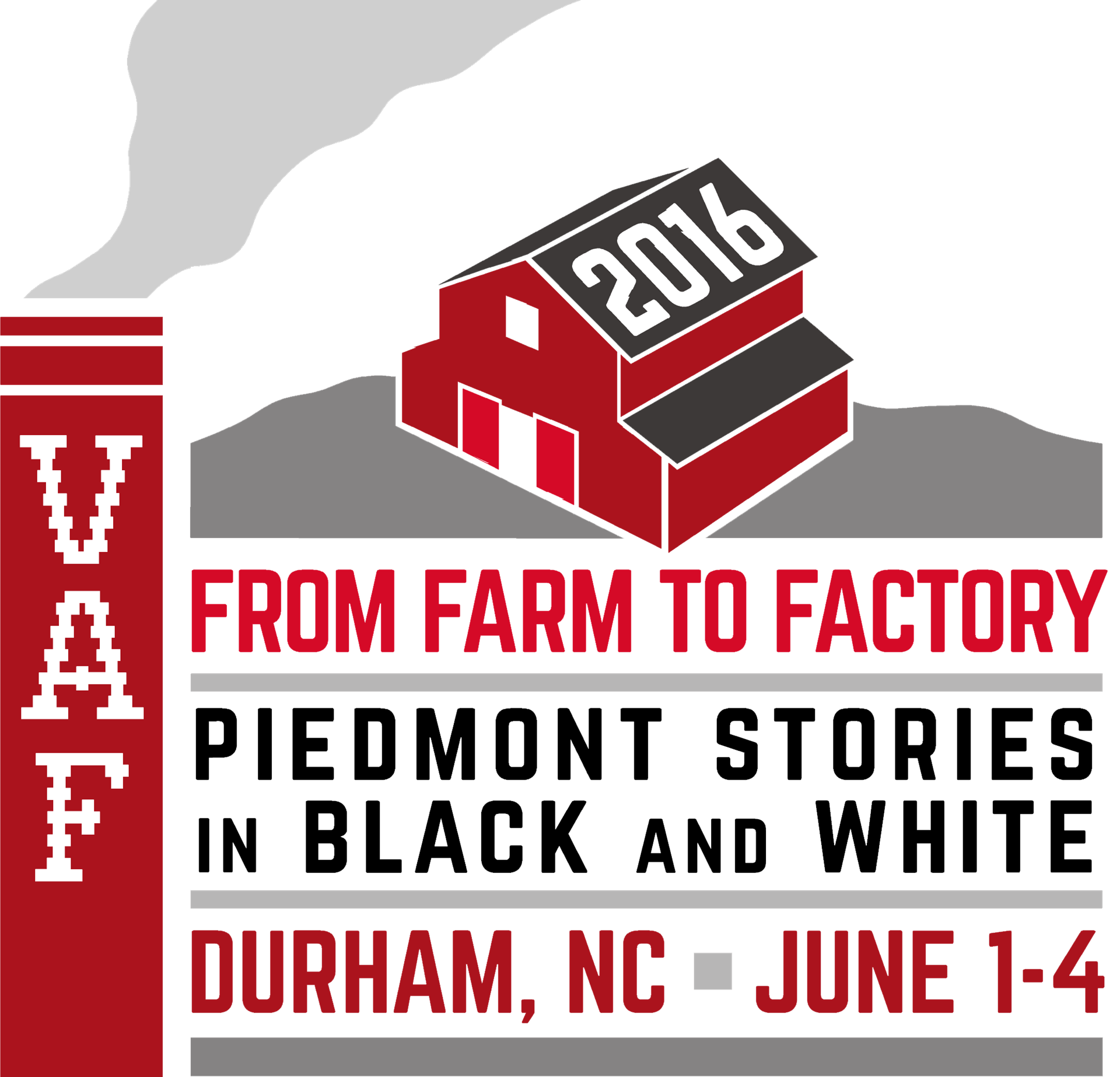- Home
- Conferences
- Past conferences
- Durham 2016
|
Message from VAF President Gretchen Buggeln: As many VAF members know, on March 23, 2016, North Carolina’s General Assembly passed into law legislation known as House Bill 2 (HB2). The leadership and members of the Vernacular Architecture Forum are troubled by this discriminatory bill. This law overrides local LGBTQ nondiscrimination ordinances and bans transgender people from using certain restrooms. HB2 is highly controversial within the state of North Carolina and many citizens are fighting the law. The ACLU of North Carolina has filed a federal lawsuit and the state attorney general is a vocal opponent. Moreover, the city council of Durham, the site of our June 2016 conference, unanimously condemned the legislation. Please read this message from Durham City Council Member Steve Schewel: "The City of Durham and its people offer a warm welcome to the Vernacular Architecture Forum when you hold your conference here in June--and that welcome extends to everyone including especially members of the LGBTQ community. Our city council and our county commission have both unanimously passed resolutions condemning HB2 for its discriminatory intention and effect. Durham welcomes with open arms all people and recognizes their rights and liberties regardless of race, religion, ethnicity, gender, disability, sexual orientation or gender identity. While our state legislature passes laws that endorse discrimination, Durham stands tall for diversity and equality. We embrace difference in Durham, and we welcome all of you to our city." Best wishes, Councilman Schewel recommends that those wanting to support the opposition to HB2, and the fight for its repeal, can contribute to Equality North Carolina. They do great organizing work statewide. Claudia Brown, Marvin Brown, and their team have worked long and hard to prepare a marvelous conference for us. I urge you all to come to Durham and to spread the VAF’s message of concern and care for communities—their buildings, landscapes, but most especially their people—and our vision of equality, dignity, and justice for all. Gretchen T. Buggeln These are images from fieldwork that took place the summer of 2015 in preparation for the conference. |
 Registration has closed for the 2016 Durham VAF conference
Registration has closed for the 2016 Durham VAF conference